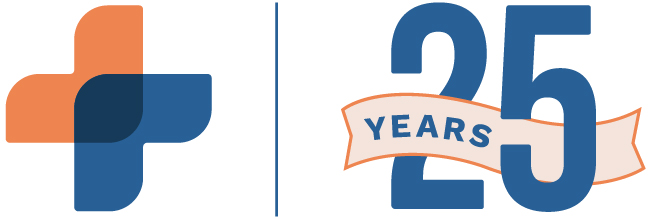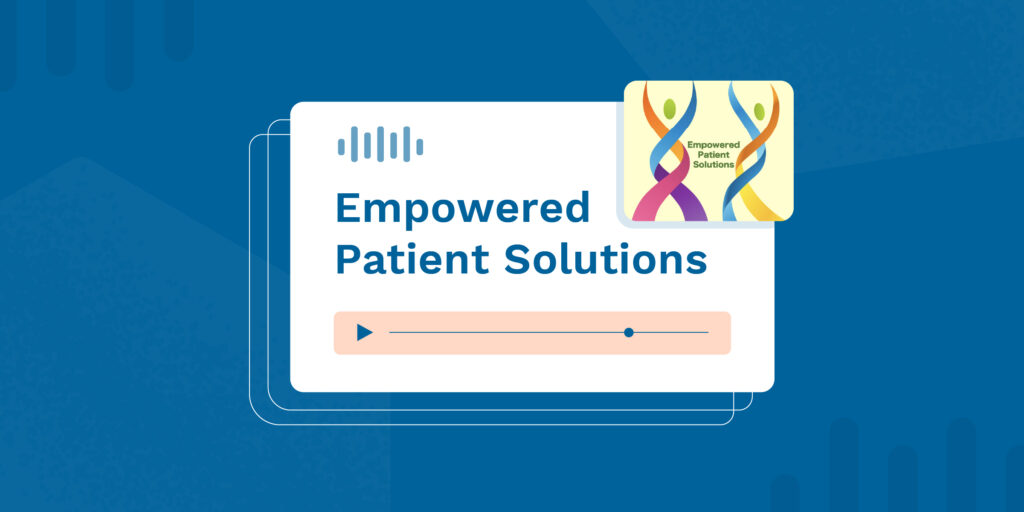The COVID-19 pandemic journey often feels like a real-life Netflix series, complete with twisty plotlines, complex characters, and unsuspecting heroes. How many seasons will it last and how will it end? That remains to be seen. But we do know that the novel coronavirus will continue to have repercussions within the healthcare community for some time.
Since March of 2020, demand for physicians in the U.S. dipped by 30%. And the financial losses over the period between March 1 and June 30, 2020 are reported to be more than $200 billion for American hospitals and health systems. While the revenue downturn and reduced demand are likely temporary, no one knows when things will improve. In the meantime, one of the best things providers can do to stay in business during these challenging times is to maintain quick and proper reimbursement for care, including for Coronavirus testing and treatment.
Updates to CPT and ICD-10 codes
Being vigilant about claims and rejections can make the difference between profitability and bankruptcy. Filing claims with detailed and accurate ICD-10 and CPT codes is an effective way to avoid denied claims, delayed payment, and costly rework.
New CPT codes
Layered on top of the nearly 140,000 current diagnosis and procedure codes are those recently added for SARS-CoV-2. The American Medical Association (AMA) has generated new codes for COVID-related testing and procedures: CPT codes 87635, 86769, and 86328.
According to the Centers for Medicare and Medicaid (CMS), Medicare and many third-party payers will accept the new 87635 code in claims related to respiratory swabs collected and sent to labs for SARS-CoV-2 testing. CMS also reports that codes 86769 and 86328 will cover antibody testing: in which providers test patients for the novel coronavirus using blood, serum, or plasma.
Also, effective December 21, 2020, CPT codes will include testing services and technologies related to COVID-19 vaccines:
- Category I code 91300 for the Pfizer-BioNTech vaccine, codes 0001A and 0002A for administration of the first and second doses, respectively
- Category I code 91301 for the Moderna vaccine, codes 0011A and 0012A for the first and second doses, respectively
As other vaccines receive FDA approval, expect the AMA to assign codes for these vaccines.
New ICD-10 codes
Beginning on January 1, 2021, these diagnosis codes will take effect:
- Encounter for screening for COVID-19 (Z11.52)
- Contact with and (suspected) exposure to COVID-19 (Z20.822)
- Personal history of COVID-19 (Z86.16)
- Multisystem inflammatory syndrome (MIS) (M35.81)
- Other specified systemic involvement of connective tissue (M35.89)
- Pneumonia due to coronavirus disease 2019 (J12.82)
Has your technology kept pace?
If your practice tests or treats COVID-19 and/or related conditions and your Electronic Health Records (EHR) and/or Billing system has not been updated with these codes, you will need to enter them manually before submitting claims to payers. However, even with guidance from the AMA, using these codes accurately can be challenging.
Billing for telehealth
Telehealth visits have exploded in recent months, driven by the advice from the CDC and infectious disease experts to social distance, a patient fears of contracting COVID-19. In 2019, 9.6% of Americans said they had used telehealth services, and 74.3% said they did not have access to telehealth or were unaware of their options. Pre-COVID-19, analysts at Forrester Research predicted 36 million telehealth visits in 2020. Fast-forward to 2020 and virtual healthcare is expected to skyrocket to 1 billion visits thanks to the Coronavirus.
In March 2020, CMS expanded Medicare coverage to include telehealth, and many state governments are pushing for similar coverage under Medicaid. Commercial insurance companies are also expanding benefits to include telehealth; however, reimbursement amounts vary by payer.
As virtual telemedicine continues to gain momentum as an alternative to in-office visits, it’s important for providers to be compensated for their care. The codes used for telehealth services depend on the type of services provided:
Telehealth Procedure Codes*
| Service type | Description | Codes |
| Medicare telehealth visits | Visit between provider and new or established patient using a telecommunication system | 99201-99215: office or other outpatient visit G0425-G0427: telehealth consultations, emergency department, or initial inpatient G0406-G0408: follow-up inpatient health consultations |
| Virtual check-ins | Brief consultation (10-15 minutes) between provider and established patient via telephone or other telecommunication device | G2012, G2010 |
| E-visits | Communication between provider and established patient via an online patient portal | 99421, 99422, 99423 G0261, G0262, G0263 |
* CMS, Medicare Telemedicine Health Care Provider Fact Sheet, March 17, 2020
Count on RXNT to Help You Stay Viable
Managing your practice during a pandemic is not business as usual. However, RXNT’s Electronic Health Records, Practice Management with Billing, and Full Suite solutions are completely integrated and include the new Coronavirus and telehealth billing and procedure codes. Our built-in claim scrubbing helps you minimize denials and feel confident that all claims are accurate before submission. The result is faster payment and better revenue management for your practice.
Schedule a quick, no-obligation demo by completing this short form, calling one of our customer advisors at (443) 863-6310 or sending us an email.





